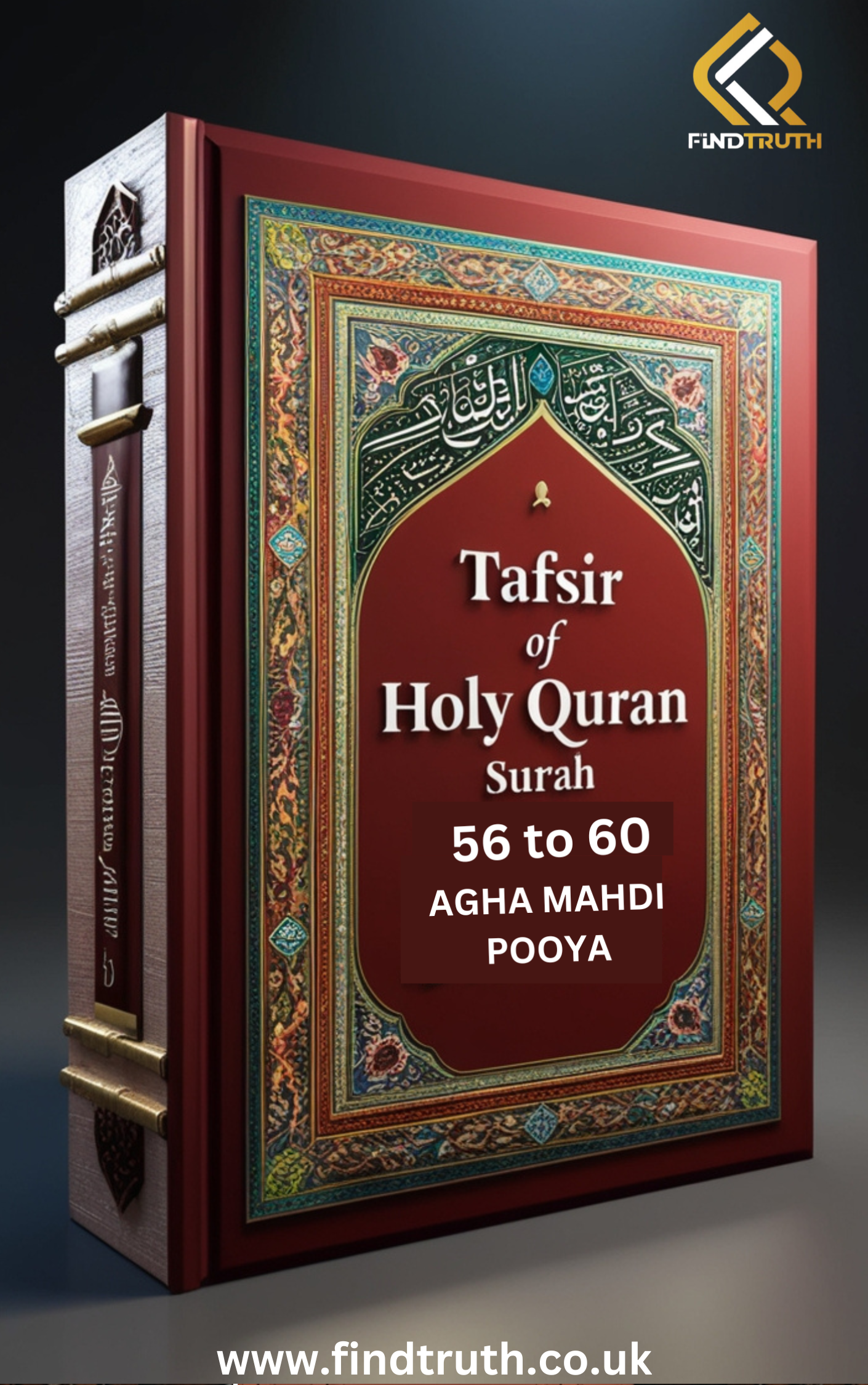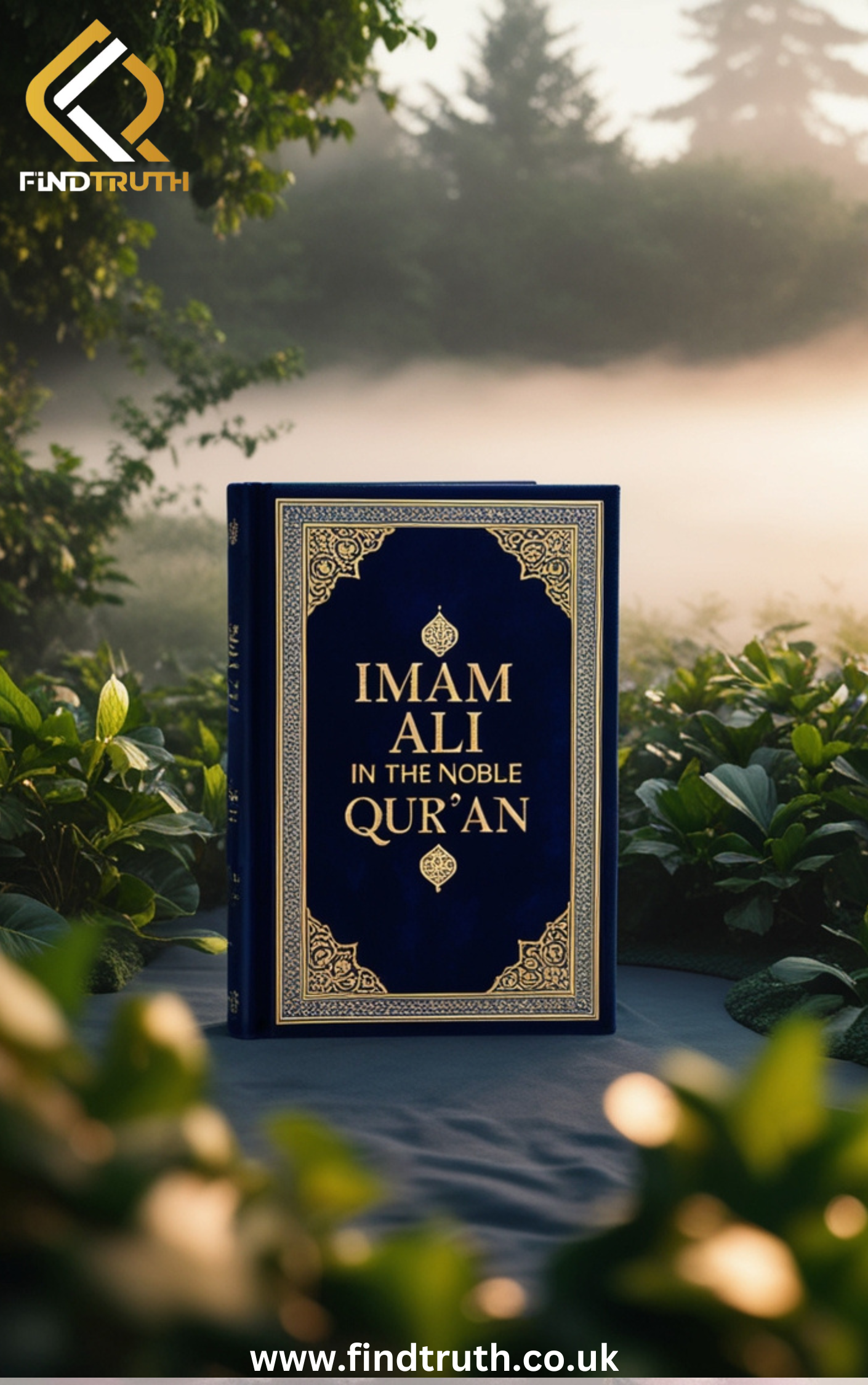
- Beliefs
-
Muslim Practices
- Salah (Daily Prayers)
- Sawm (Fasting)
- Hajj (Pilgramage to Makkah)
- Zakah (Charity Giving)
- Khums (Giving One-Fifth of Annual Saving)
- Jihad (Striving in the Way of God)
- Amr bil Ma'ruf (Encouraging Good)
- Nahy 'an al-Munkar (Stopping Evil)
- Tawalla (Loving the Prophet & His Family)
- Tabarra (Disassociating from the Enemies of the Prophet and His Family)
- Islamic Education
-
Akhlaq - (Ethics)
-
Quran & Sciences
-
Islamic History
-
Socio-Cultural
- Islamic Holy Places
-
Supplications
- Home
- Feature Selections ★
- Beliefs 🛐
-
Muslim Practices ☪️
- Salah (Daily Prayers)
- Sawm (Fasting)
- Hajj (Pilgramage to Makkah)
- Zakah (Charity Giving)
- Khums (Giving One-Fifth of Annual Saving)
- Jihad (Striving in the Way of God)
- Amr bil Ma'ruf (Encouraging Good)
- Nahy 'an al-Munkar (Stopping Evil)
- Tawalla (Loving the Prophet & His Family)
- Tabarra (Disassociating from the Enemies of the Prophet and His Family)
- Islamic Education
-
Akhlaq - Ethics 🔑
- Quran and Sciences 📖
-
Islamic History
- Socio-Cultural
- Islamic Holy Places
- eBooks
- Tafsir of Holy Quran Surah 56 To 60
Tafsir of Holy Quran Surah 56 To 60
"Tafsir of Holy Quran Surah 56 to 60" provides a comprehensive commentary on Surahs Al-Waqi’ah (The Inevitable), Al-Hadid (The Iron), Al-Mujadila (The Pleading Woman), Al-Hashr (The Exile), and Al-Mumtahina (The Woman to be Examined). Each of these surahs presents valuable teachings on faith, the nature of the hereafter, social ethics, and community values. Surah Al-Waqi’ah vividly describes the Day of Judgement and the states of people based on their deeds. Al-Hadid emphasizes the significance of inner faith and the balance between material life and spirituality. Al-Mujadila addresses social justice, while Al-Hashr provides ethical guidance, especially concerning social and community responsibilities. Al-Mumtahina touches upon relationships and loyalty within the Muslim community. This tafsir combines historical, linguistic, and spiritual insights, offering readers a deep and nuanced understanding of these surahs and their relevance in contemporary life.










